Generative AI is increasingly popular among young people
According to data analysis in early June 2025 on Exploding Topic, currently globally, each teenager spends an average of 7.5 hours per day in front of a screen, with nearly 50% of that time spent accessing the Internet almost continuously.
In Vietnam, 89% of children and adolescents use the Internet for an average of 5 to 7 hours per day (According to the Department of Children, Ministry of Labor, War Invalids and Social Affairs in 2022). This is not a low number compared to the rate in the world .
In Vietnam, 89% of children and adolescents use the Internet for an average of 5 to 7 hours per day (According to the Department of Children, Ministry of Labor, War Invalids and Social Affairs in 2022). This is not a low number compared to the rate in the world.
Previously, parents and teachers had to adapt to increased screen time, or even addiction, to social media platforms like TikTok, Instagram, and YouTube. However, a wave of consulting, chatting, and even “dating” with AI like ChatGPT is emerging.
Teens not only use AI to help with homework and entertainment, but also seek advice on life issues, and even tend to chat with chatbots as close friends. AI has also become a place to share more easily than friends, especially when lonely or facing negative emotions.

Building AI Human Resources
This leads to the story of social approach with the ability to perceive, process and respond to social stimuli, which are important skills that children need to cultivate.
“This skill is built through real-world interactions and through human-to-human interactions. From here, children learn to interpret facial expressions, take on other people’s perspectives, resolve conflicts and regulate emotions,” explains RMIT lecturer and clinical child and adolescent psychologist Dr. Vu Bich Phuong.
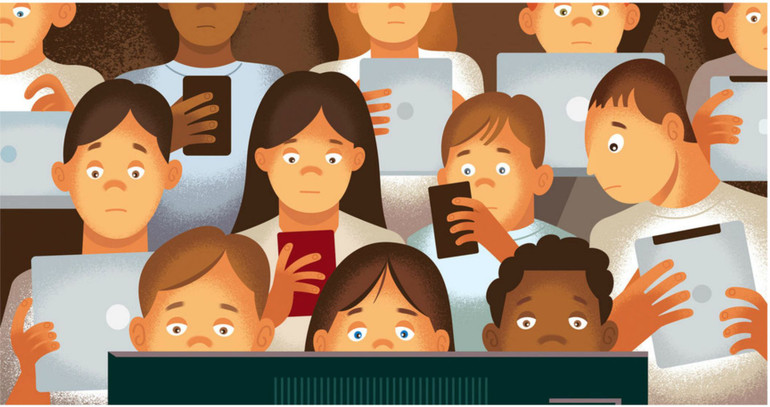
Young children, with limited cognitive abilities, may attribute human-like characteristics to AI chatbots, viewing them as sentient or emotionally aware. This can lead to one-sided social interactions, in which children form one-sided emotional bonds with AI similar to those they form with cartoon characters or celebrities.
Not only that, according to Master Vu Bich Phuong, "this raises concerns about whether such interactions will unintentionally replace "real interactions" with friends in children's social development.
Dr Gordon Ingram, a developmental psychologist and senior lecturer at RMIT Vietnam, also believes that interacting with artificial intelligence becomes unrealistic because AI often speaks in a “too polite” tone of voice, creating unrealistic expectations about real-life social relationships.
Supporting the above view, Master Vu Bich Phuong said that when children do not interact with their peers in challenging situations, they may have less tolerance when faced with discomfort, less resilience when rejected or even more impulsive - characteristics often seen in anxiety and social withdrawal behavior.
Which direction is suitable for young people when using AI?
Social media platforms like Facebook and TikTok have officially banned users under 13 from creating accounts following concerns about minors encountering inappropriate or manipulative content, while Australia has raised the age of social media access to 16.
Social media platforms like Facebook and TikTok have officially banned users under 13 from creating accounts following concerns about minors encountering inappropriate or manipulative content, while Australia has raised the age of social media access to 16.
However, generative AI platforms are not as strictly restricted despite providing similarly authentic experiences and content. Large language models (LLMs) and chatbots can be easily accessed without age verification.
Regarding the question of whether we should apply similar age limits to AI, Master Vu Bich Phuong said: “There needs to be a limit and maybe even more strict.”
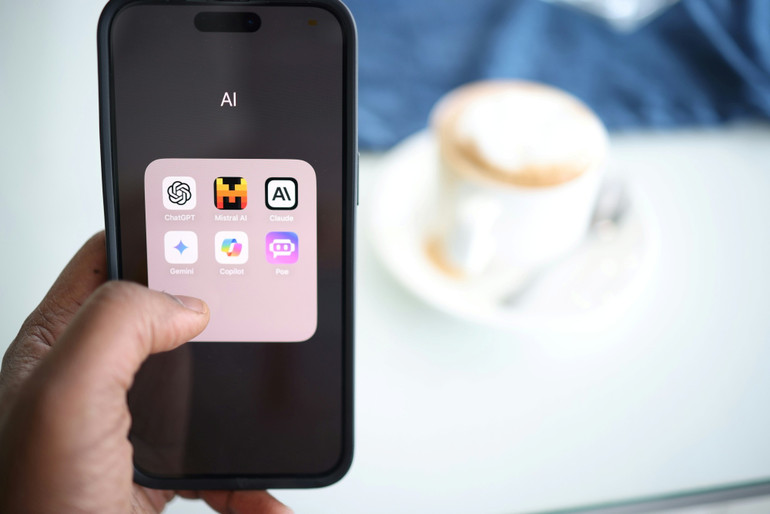
This is because unlike social media, “AI companions” simulate ongoing conversations and can have a profound impact on children’s psychology. Children may even mistakenly believe that every response from the AI is morally or socially appropriate.
UNESCO has called on governments to regulate artificial AI in schools.
UNESCO has called on governments to regulate artificial AI in schools.
"To ensure that AI supports rather than hinders children's social development, Master Vu Bich Phuong recommends that parents monitor and interact with their children. during and after children use large language models or chatbots. This way, parents can understand their children's perception of AI-generated content, helping children think critically about the content they receive from AI," said Dr Gordon Ingram, Developmental Psychologist and Senior Lecturer at RMIT Vietnam.
Teaching should prioritize group discussion, group play, and collaborative problem solving in the classroom. AI platforms should design age-appropriate apps, verify age, and enable content moderation settings to ensure child safety.
Dr Gordon Ingram, Developmental Psychologist-Senior Lecturer RMIT Vietnam
“As AI becomes part of the daily lives of children in Vietnam and around the world, we must proceed with caution. Artificial intelligence can be a powerful learning aid, but it cannot replace the rich, natural human intelligence that enables us to live in the emotional world of human relationships,” said Dr. Ingram.
Source: https://nhandan.vn/de-ai-tao-sinh-khong-can-tro-su-phat-trien-xa-hoi-cua-tre-post884064.html








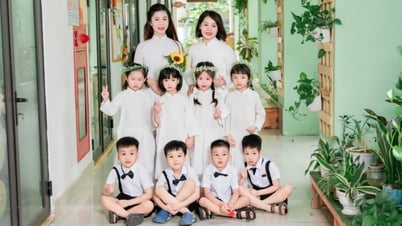




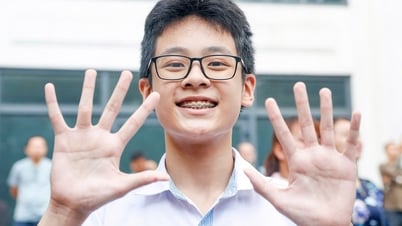
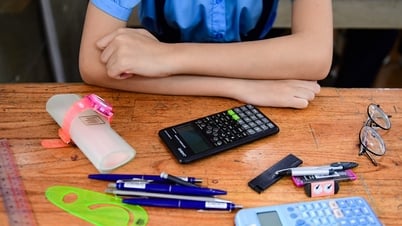






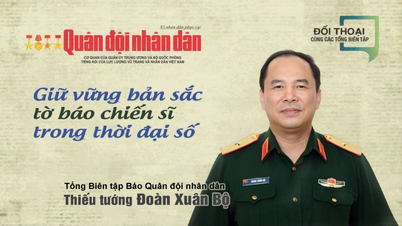

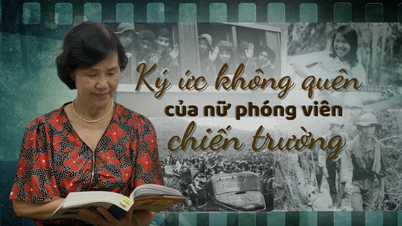
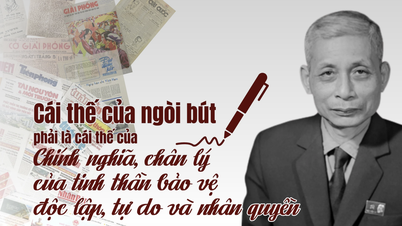
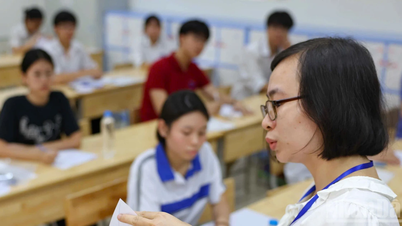
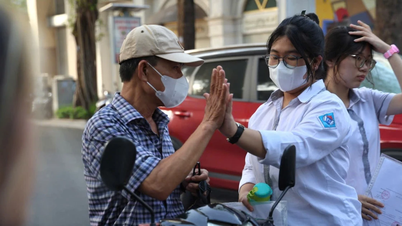





























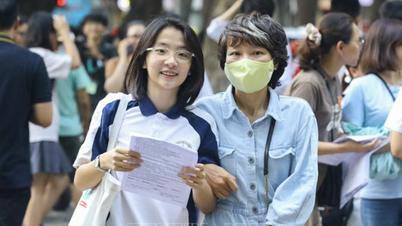





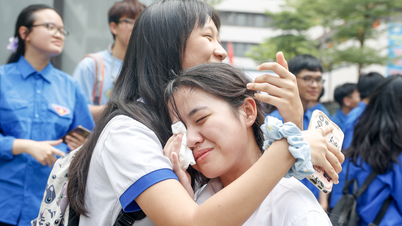













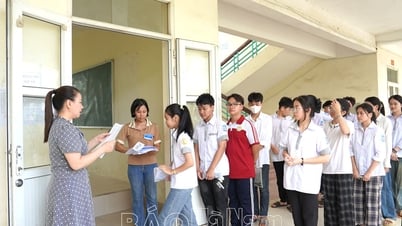












![[OCOP REVIEW] Tu Duyen Syrup - The essence of herbs from the mountains and forests of Nhu Thanh](https://vphoto.vietnam.vn/thumb/402x226/vietnam/resource/IMAGE/2025/6/5/58ca32fce4ec44039e444fbfae7e75ec)




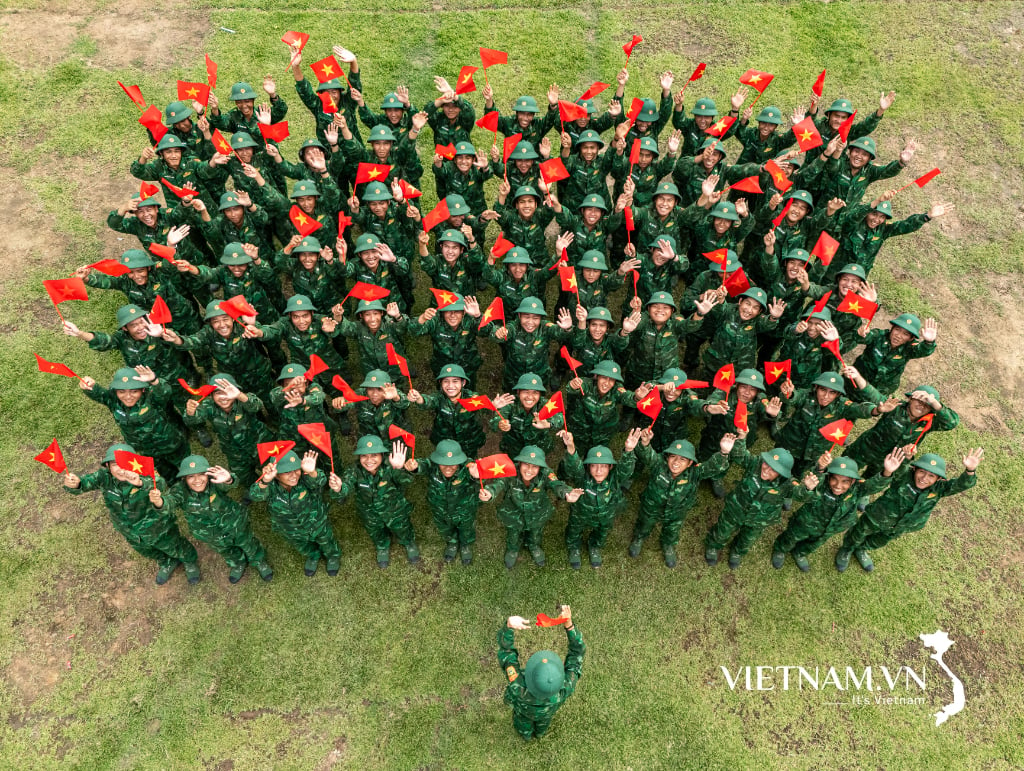

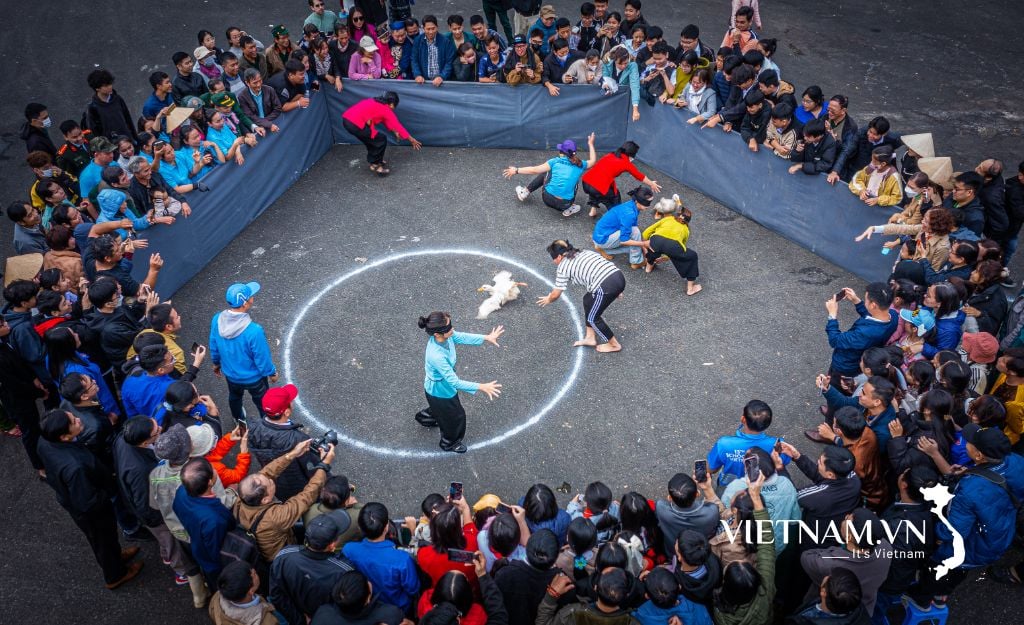
Comment (0)